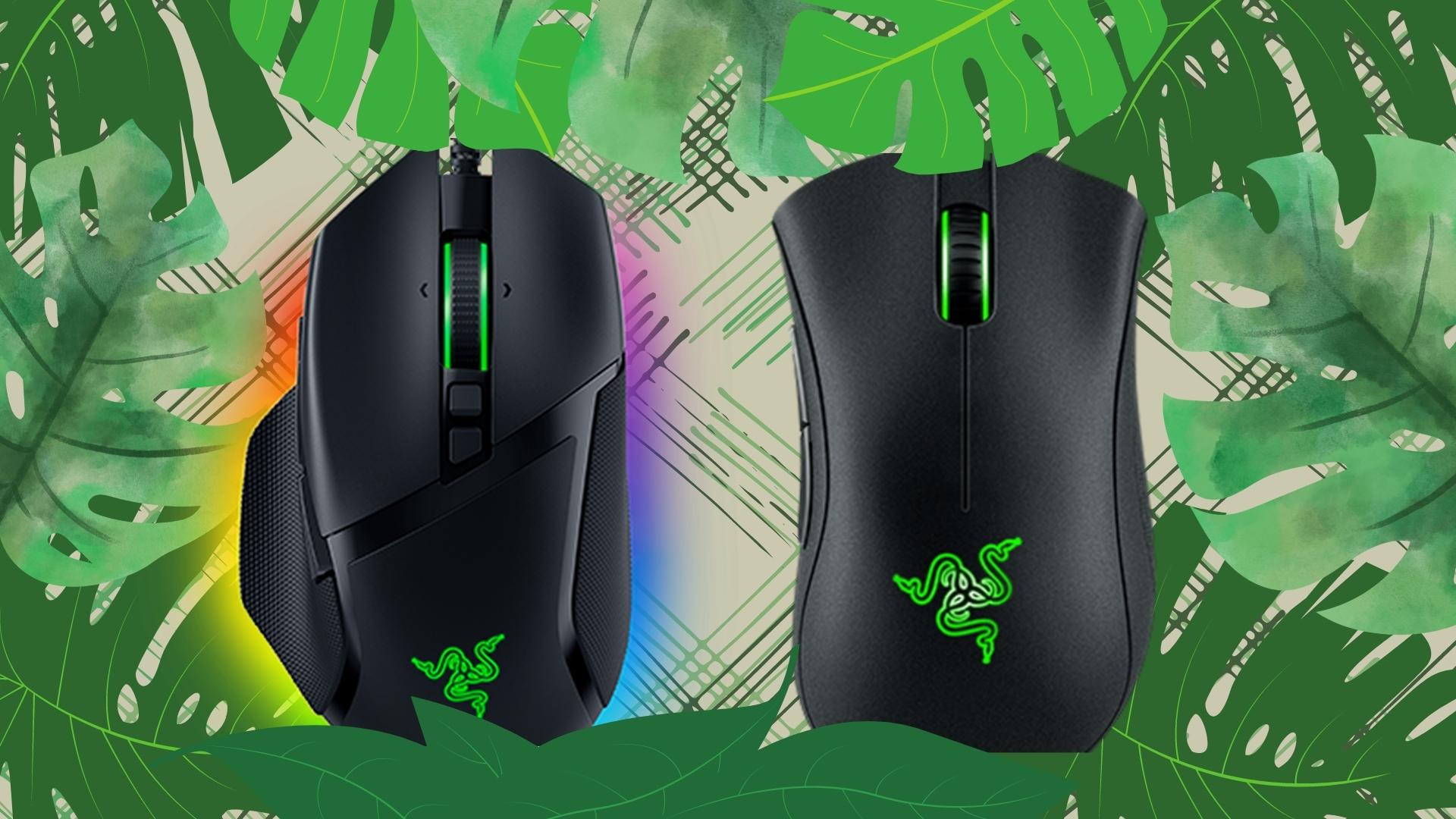Razer's new sustainability pledge could save you money and cut down on e-waste
Buy (or don't) with a cleaner conscious

Have you ever looked at a piece of technology and wondered about its environmental impact? That’s a fairly loaded question, and chances are the answer is no… but that isn’t stopping Razer from putting that information directly onto the packaging of its products by partnering with Ecologo - even if that forces you to think twice about buying it in the first place.
Ecologo is a certification program based on an overall sustainability standard, including all aspects of manufacturing and shipment. All products certified to an Ecologo Standard must meet strict criteria before they can be awarded the badge.
It’s not dissimilar to how some countries will clearly label food with a country of origin, or label it as 'organic' or 'GM-free' to better inform consumers about how far it has had to travel to reach your plate and what farming practices have gone into producing it.
It’s also available to every brand as it's classified as an International Organization for Standardization. Razer could have simply awarded itself an own-brand sustainability certificate, so this sends a message for competitors like Logitech and SteelSeries to follow suit.
It’s an unlikely pipe dream that every company will start using the badge, but my goodness, wouldn’t it be easier to make sustainable choices if they did?
Only two products are available with the Ecologo alongside the launch of this announcement - the Basilisk V3 and the DeathAdder Essential - though we hope that Razer plans to roll out this certification against the rest of its product catalog and any future releases.
These two mice were selected because of the Basilisk V3’s popularity as one of the best gaming mice on the market, while the DeathAdder Essential is one of the brand's most affordable offerings, which provides a cheap, yet sustainable option for those with a tight budget.
Sign up for breaking news, reviews, opinion, top tech deals, and more.
Analysis: Do you actually need that upgrade?

Gaming and lifestyle brand Razer is no stranger to sustainability pledges, with prominent campaigns to plant a million trees and use recycled ocean plastics to make clothing, but this latest endeavor actually has the potential to harm its sales as much as it could help them.
This is great news for gamers who are already environmentally conscious and want better access to information that allows them to feel comfortable about purchasing a new mouse. On the other hand, it also raises awareness about how our technology can have an impact on our planet – which could push people to avoid upgrading their kit at all.
I’d argue that isn’t a bad thing. If we’re more hesitant to buy shiny new ‘toys’ for our gaming setups then not only will fewer perfectly good gaming accessories go to landfill, but it could save you money by deterring you from buying an unnecessary upgrade. I’m certainly guilty of purchasing new equipment purely for aesthetics or out of FOMO for having the latest gear, all while having perfectly usable products on hand.
I would also stress that environmental policies shouldn’t make you feel any guilt or shame. Razer’s partnership with Ecologo seems focused more on providing the right information to its consumers to sway them towards a more sustainable alternative, rather than trying to put potential customers off buying entirely.
Less overall purchases might be bad for business, but if you do think twice about buying a new mouse while you have a perfectly serviceable one in the palm of your hand right now, you’re helping your own wallet as much as you are the planet.
That’s something to consider as the cost of living crisis stretches on, especially as rapid inflation seemingly has no end in sight. For better or worse, we’re going to have to either source cheaper gaming hardware, or consider loving our current equipment for longer to save a few pennies.
Jess is a former TechRadar Computing writer, where she covered all aspects of Mac and PC hardware, including PC gaming and peripherals. She has been interviewed as an industry expert for the BBC, and while her educational background was in prosthetics and model-making, her true love is in tech and she has built numerous desktop computers over the last 10 years for gaming and content creation. Jess is now a journalist at The Verge.
